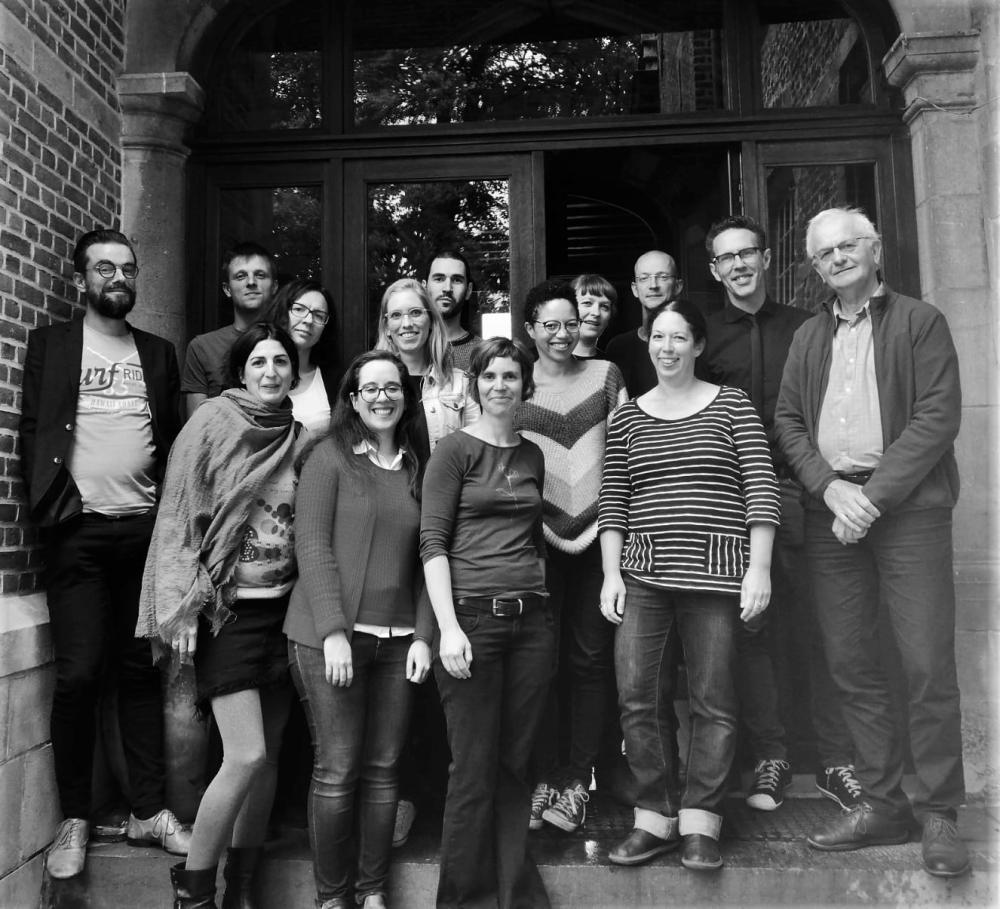
Restorative justice is an approach of addressing harm or the risk of harm through engaging all those affected in coming to a common understanding and agreement on how the harm or wrongdoing can be repaired and justice achieved.


Restorative justice is an approach of addressing harm or the risk of harm through engaging all those affected in coming to a common understanding and agreement on how the harm or wrongdoing can be repaired and justice achieved.
Where people experience harm in society, in organisations, in schools, in families and in the justice system.
The values, principles and practices of restorative justice are relevant to many of the social, cultural and personal problems facing modern Europe.
General crime such as theft and violence, hatred for another’s race, culture, religion, gender, or sexuality, violent extremism or terrorism, and street violence and disorder cause fear and anger among large sections of the population. Many of these harms are experienced in schools and neighbourhoods.
The criminal justice system and other regulatory systems do, of course, respond to infractions of rules and the law. However, they do not directly engage with the lived experience of the people most affected by these harms. They tend to focus on the perpetrator and to neglect victims. They struggle to address the distressing emotions that arise from harm and conflict. Further the system is not designed to build social relationships and cohesion, to enable people of different cultures to meet and understand each other, and to develop a greater sense of respect and reciprocal obligations between citizens.
Restorative justice has demonstrated its effectiveness in addressing the underlying causes and in generating solutions to many contemporary social problems; building and repairing social relations, generating mutual understanding between antagonistic individuals or groups and strengthening personal responsibility to respect the feelings, needs and values of others.
Rather than keeping people apart or excluding those perceived as a threat, restorative processes restore safety and security through bringing people together to undo injustice, repair harm and alleviate suffering through dialogue and agreement.
So out of these volatile social conditions there is the possibility of new forms of community and connection emerging. This is accomplished through paying attention to and responding to the lived experiences of those who suffer most from the injustices and harms in society. Restorative processes are a realistic and practical response to social inclusion and social integration. Restorative justice is relevant to and effective in the contexts of justice, security, peacebuilding, education, social development, family support, children’s rights and wellbeing, as well as organisational and community life.
The EFRJ is committing to connecting people so that they can build and sustain just relations in society.
Learn more about areas where restorative justice can be applied →
The most important values in restorative justice processes are basic human values. The following four core values are essential in any restorative process:
Learn more about the values of high-quality restorative justice →
Numerous research projects have explored the effectiveness of restorative justice, and several ongoing studies keep their focus on the area. The most essential research findings are the following:
Learn more about the essential research outcomes based on restorative justice studies. →

The idea of responding to crime by making good on it by direct participation of those involved, is not new. Every society is continuously looking for better ways on how to deal with incidents and harmful behaviour amongst its members, without imposing additional harm or polarising people. [...]
Feel free to download, print, disseminate and/or refer to the two publications below: